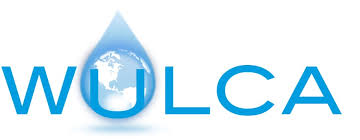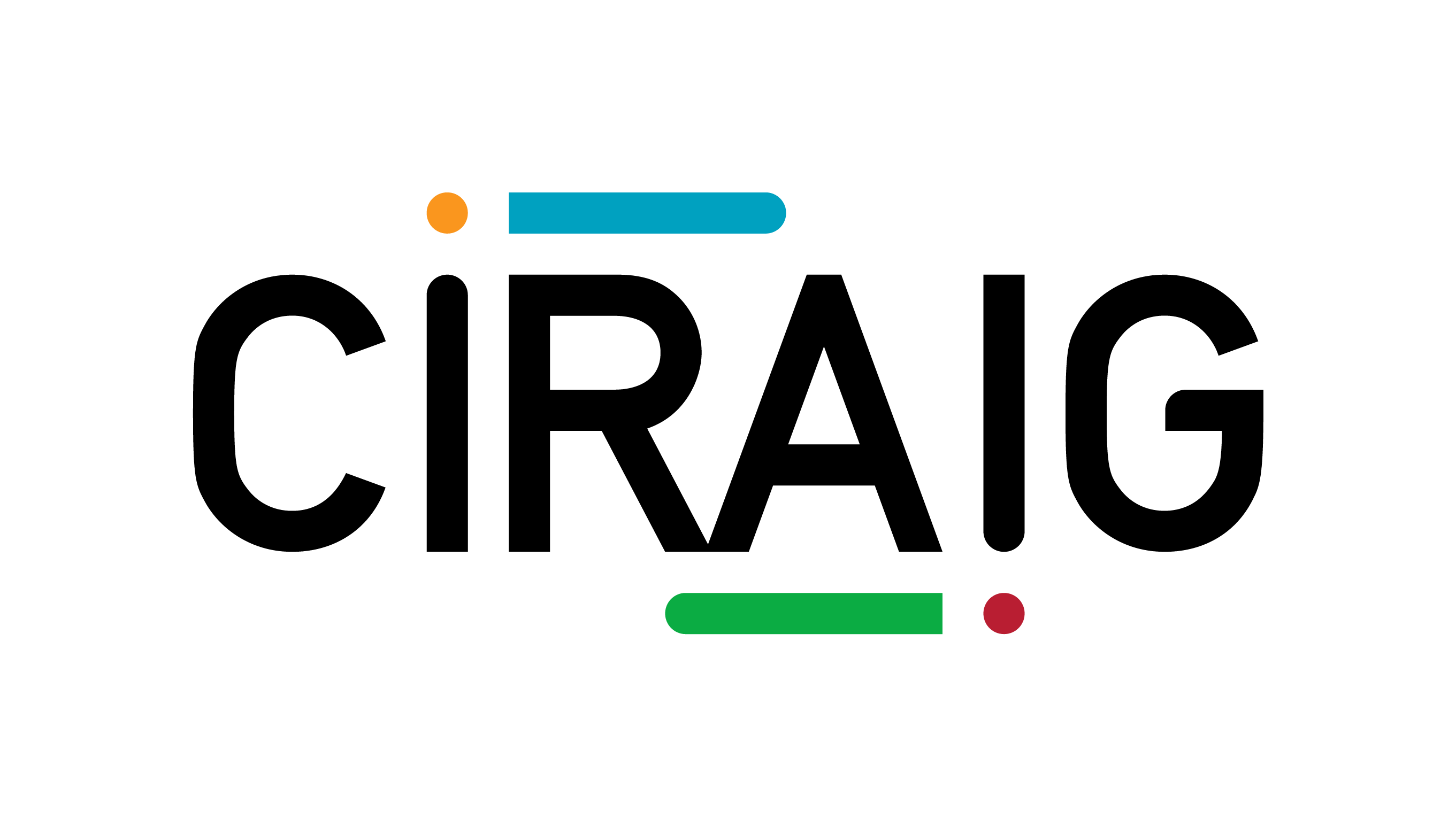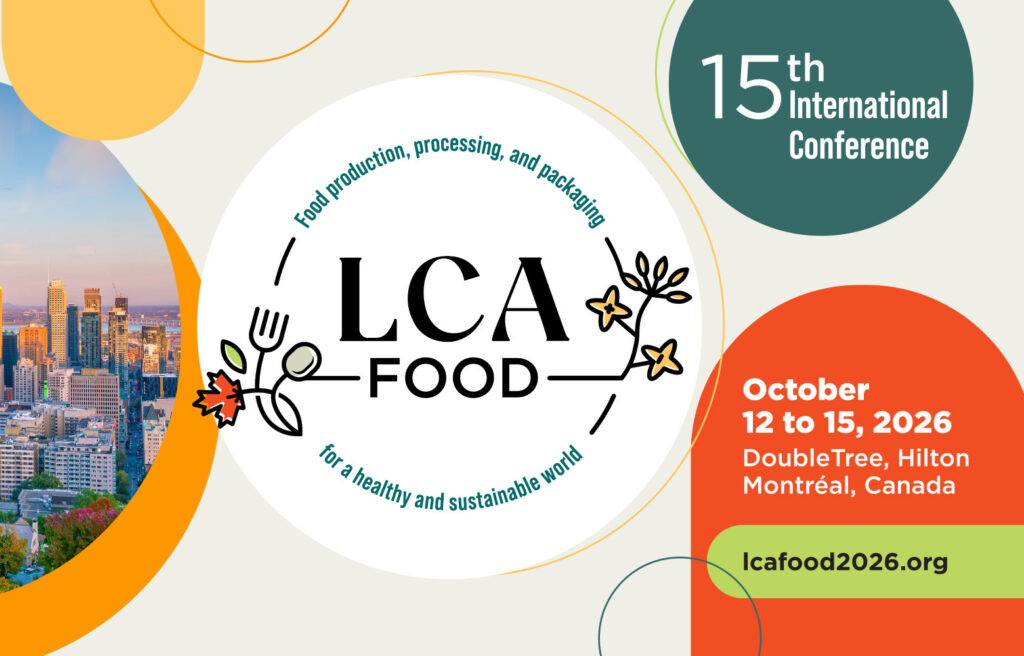WULCA
A group project on the assessment of use and depletion of water resources within LCA


The WULCA working group works as an international working group focusing on water use assessment and water footprinting taking the life cycle perspective. The group was founded in August 2007 under the auspices of the UNEP/Society for Environmental Toxicology and Chemistry (SETAC) Life Cycle Initiative, a partnership to enable users around the world to put life cycle thinking into effective practice. The working group represents a community of people from academia, various industries (e.g. chemical, food and consumer goods industry, pulp and paper, water treatment, etc.) and public institutions. Constituting a multi-stakeholder group, the group acts globally and cross-sectoral.
The WULCA working group’s overall goal focuses on providing practitioners, from both industry and academia, with a coherent framework within which to measure, assess and compare the environmental performance of products and operations regarding freshwater use. The specific objectives comprise to:
- develop a general assessment framework for water use including indicators that measure the environmental impacts on human health, ecosystems and freshwater resources;
- establish adequate water inventory schemes and parameters;
- establish impact assessment methods for characterizing water use and related environmental impacts;
- derive recommended practice and guidance for LCA method developers and practitioners.
- the development of a consistent scheme for freshwater use accounting and reporting;
- modeling of the impacts generated by freshwater use depending on the geographical context;
- harmonization of the LCA scheme towards freshwater use accounting and water impact assessment;
- application of the methods and indicators developed on industrial case studies;
- communication and dissemination within industry and the scientific community.
We use cookies on our website to give you the most relevant experience by remembering your preferences and repeat visits. By clicking “Accept”, you consent to the use of ALL the cookies.
Manage consent
Privacy Overview
This website uses cookies to improve your experience while you navigate through the website. Out of these, the cookies that are categorized as necessary are stored on your browser as they are essential for the working of basic functionalities of the website. We also use third-party cookies that help us analyze and understand how you use this website. These cookies will be stored in your browser only with your consent. You also have the option to opt-out of these cookies. But opting out of some of these cookies may affect your browsing experience.
Necessary cookies are absolutely essential for the website to function properly. This category only includes cookies that ensures basic functionalities and security features of the website. These cookies do not store any personal information.
Any cookies that may not be particularly necessary for the website to function and is used specifically to collect user personal data via analytics, ads, other embedded contents are termed as non-necessary cookies. It is mandatory to procure user consent prior to running these cookies on your website.
Your subscription could not be saved. Please try again.
Your subscription has been successful.




